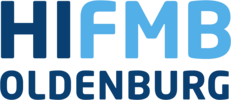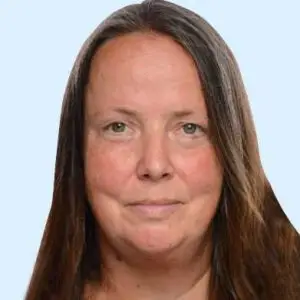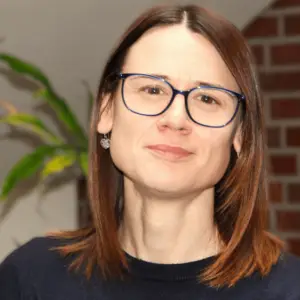Dialog with Greenlandic Communities
Living Lab and governance
Aim and main questions: HABs are an increasing concern for fishery-dependent coastal communities. The occurrence and intensity of HABs are increasing, a trend that is expected to continue with ongoing ocean warming. Coastal fishing communities rely on the marine environment for their wellbeing will be severely affected by increasing HABs. Impacts from HABs include health risks through biotoxin exposure, recreational and commercial fishery closures due to seafood contamination, associated losses in business, a loss in seafood provisioning, and restoration costs. HABs can also undermine cultural ecosystem services such as opportunities for spiritual and cultural engagement in traditional activities. These non-material benefits are important to human wellbeing, providing a sense of place and identity in coastal communities. We aim to establish a network for cross-sectoral dialogue with the Greenland coastal communities, fisheries, tourism, municipalities, coastal protection and the policy sector and design and implement the Greenland Living Lab and to develop a catalogue of operational measures for mitigating the impact of HABs.
Approach: Concept and Design of the Greenland Living Lab: WP7 will develop the concept and design of the Greenland Living Lab in close cooperation with all other work packages and followed by a holistic stakeholder mapping, all stakeholders from relevant sectors (government, private sector, and NGOs) that are involved in the sustainable use and conservation of Greenland’s marine ecosystem. WP7 will conduct stakeholder mapping and stakeholder analysis for the Greenland Living Lab to include stakeholders that may not be known from the outset, in doing so, we address the fundamental problem, well known in transformative research, that often only the selective perspective of a biased subset of stakeholders is included. WP7 will facilitate the involvement of stakeholders and policy makers in the process right from the beginning and ensures that all project outcomes are policy relevant. Consequently, the stakeholder analysis will identify potential stakeholders from all relevant sectors, focusing on the interaction between ecosystem services, climate change, HABs, sustainable use, and conservation. Through questionnaires and online workshops, we will survey intent for collaboration in the Greenland Living Lab and plan the level of engagement for all stakeholders. To maintain this co-creation by stakeholders and to reduce the risk of a withdrawal of involved stakeholders, an engagement and communication plan for the project will be developed.
Co-design: Identification of prevailing conflicts and development of operational management objectives. WP7 works with the stakeholders in the Greenland Living Lab to develop a shared perception of the HABs problem and, from that, develop integrated management objectives to mitigate impact and consequences from HABs. There is an urgent need to formulate more robust, science-based, actionable targets with stakeholders and actors, and to track the progress of targets over time to better assess their success. This also means defining what “success” looks like in relation to those goals in the first place. To develop operational management objectives with stakeholders and actors, the first step is to identify key conservation and use issues with local actors and to identify key conflicts in the Living Lab. In an iterative process with stakeholders, management objectives are defined on this basis and described in terms of operationality. This requires the identification of qualitative indicators and quantitative metrics to measure the degree of achievement of the objectives.
Output and deliverables: 1) Holistic Stakeholder Mapping and Analysis; 2) Engagement and Communication Plan; 3) Conflict Mapping, 4) Catalogue of operational Objectives to mitigate conflicts.



